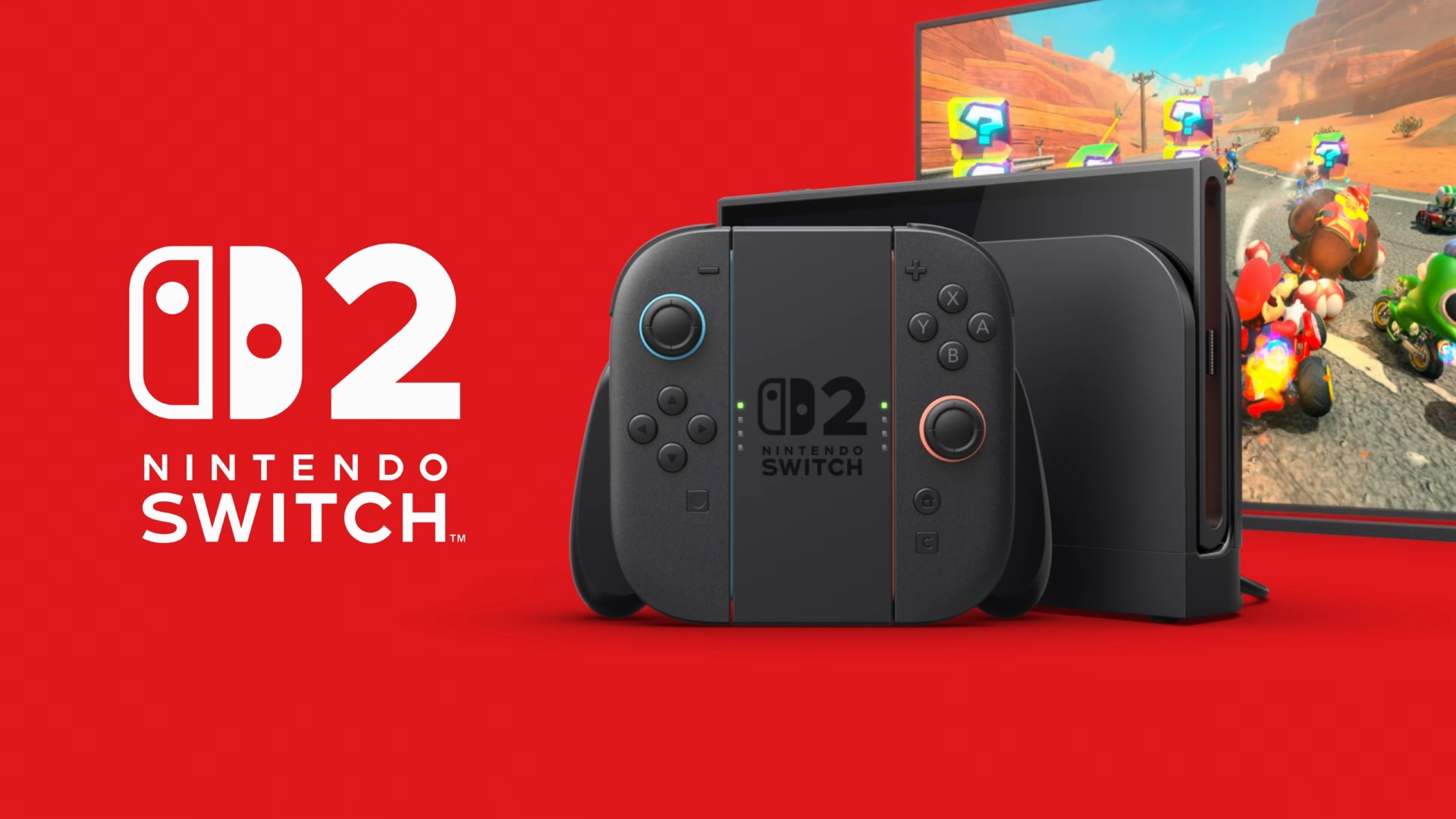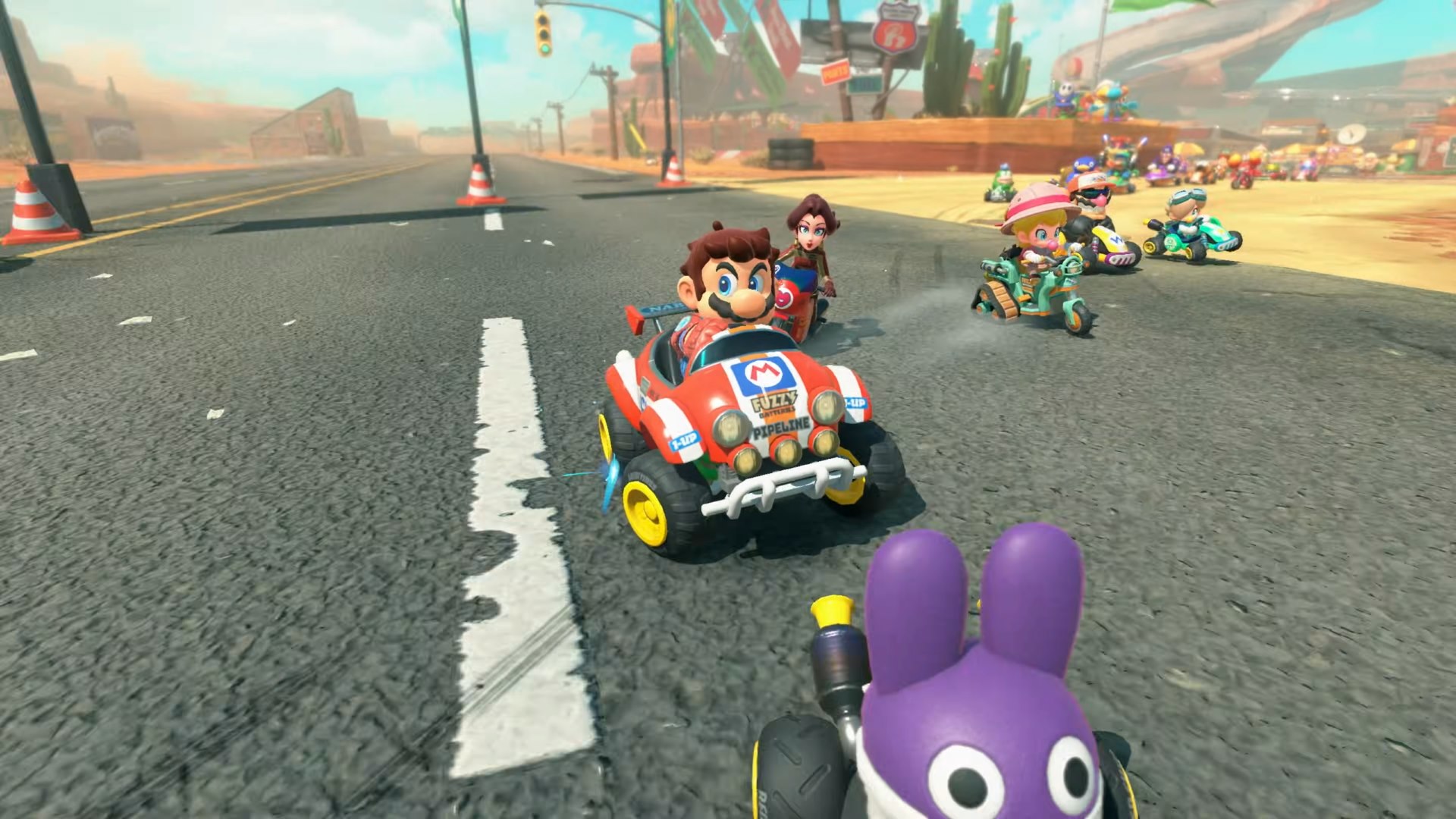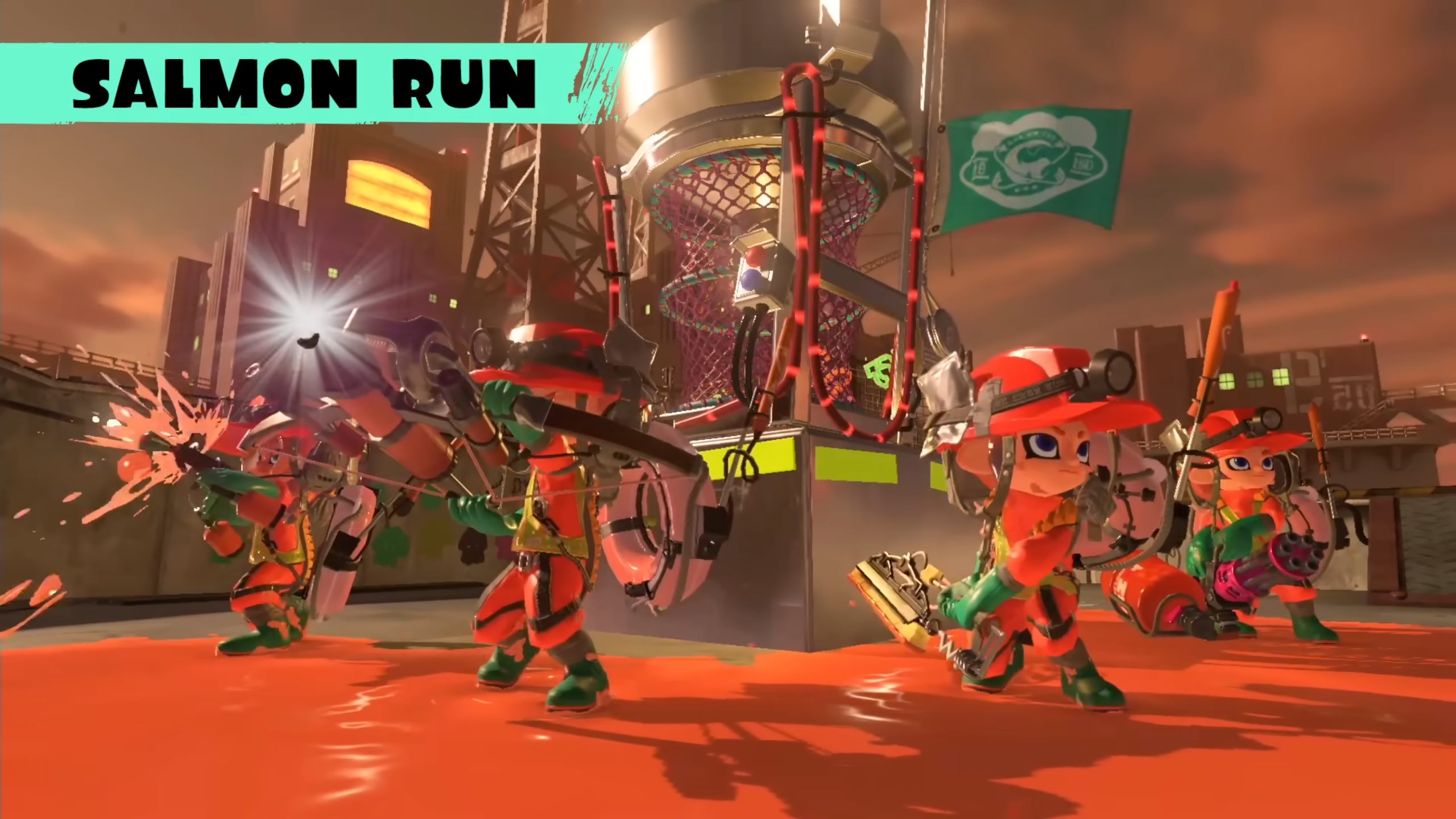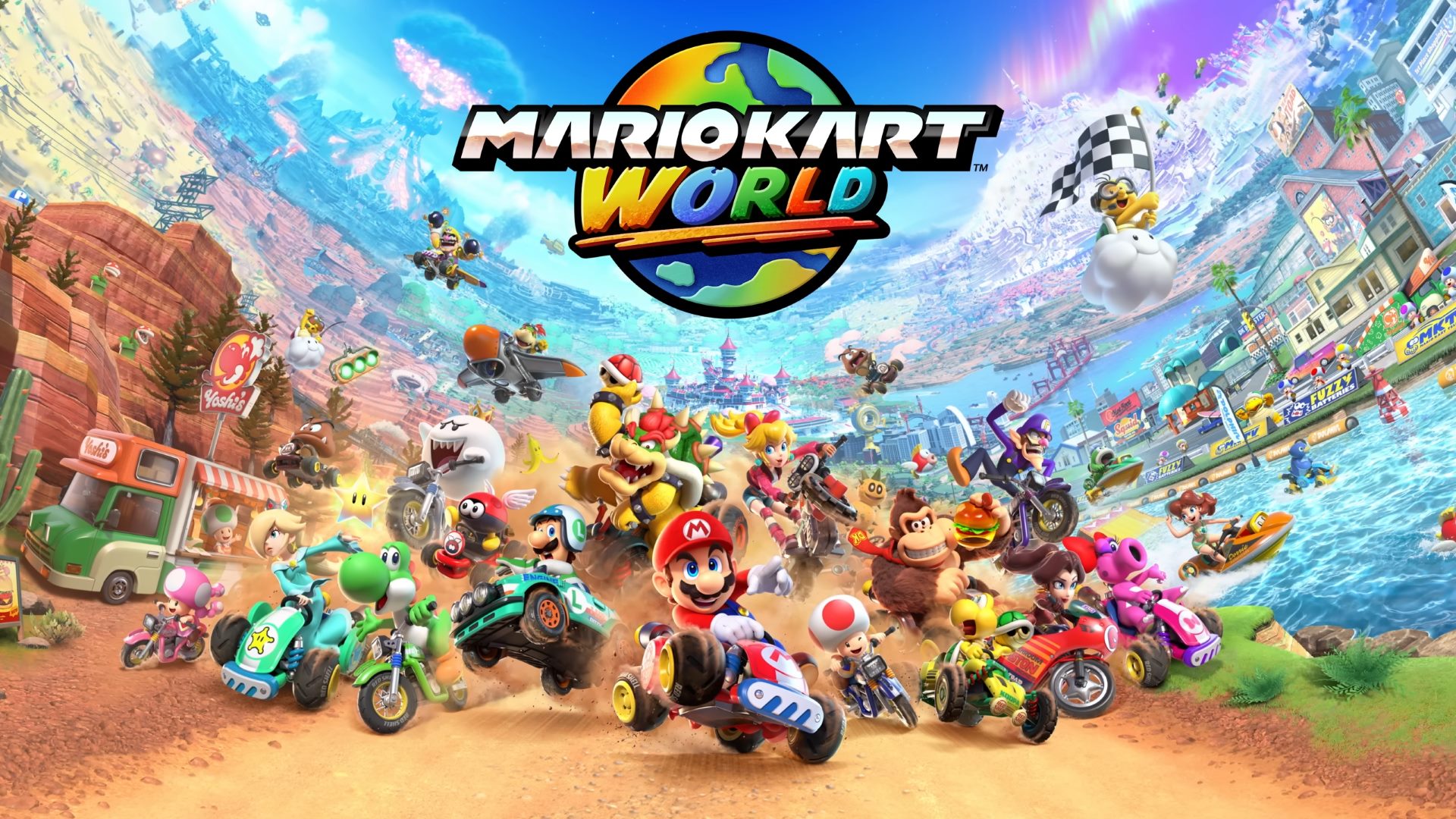Nintendo Exploring Variable Pricing for Switch 2 Games, Per Doug Bowser
April 8, 2025

The Nintendo Switch 2 is expensive. Because of the American tariff situation, it's hard to say just how expensive the console was supposed to be. As a result, there's some room for understanding. The price of Switch 2 games, on the other hand, was never going to be subject to tariffs; and yet, Nintendo is charging $80 USD for Mario Kart World. What gives? Well, as Doug Bowser has explained to the press, Nintendo will be exploring a variable pricing approach for this new generation.
Variable Pricing Means What Exactly?
In an interview with the Washington Post, Doug Bowser, the president of Nintendo of America, offered some insight on Nintendo's updated pricing strategy. When asked about the sudden rising cost of Nintendo's software titles, Bowser was quick to clarify that Nintendo isn't looking to senselessly overcharge its audience. Here's where 'variable pricing' — Nintendo's latest approach to pricing — enters the picture.
Variable pricing essentially just means that Nintendo is setting game prices based on what they consider to be appropriate for each title. Donkey Kong Bananza, as a premium, first-party game, will cost $70, the previous standard set by the industry. What makes Mario Kart World different, at least from what Doug Bowser suggests, is its primary focus on a multiplayer experience. Replayability seems to hold a good amount of weight in Nintendo's arbitrary pricing equation.

How Variable Pricing For Switch 2 Games Will Actually Work In Execution
Don't get things twisted, variable pricing is unlikely to make any Nintendo games cheaper than before. At this point, a $60 MSRP is probably what Nintendo would consider to be the cheapest possible price for a first-party release. No savings there. That's just the old standard.
Related Read
Considering the logistics behind Mario Kart World's price tag, it's a bit easy to deduce what other games could also end up charging $80. Series like Splatoon and Super Smash Bros. come to mind immediately. Beyond that, though, I don't think any other first-party IP has a solid enough argument to charge that amount. Maybe a new Xenoblade Chronicles if it somehow has over 200+ hours of content?

Variable pricing may sound a bit weird, but it actually isn't all that new from Nintendo. We've seen this kind of pricing strategy from them before. It just wasn't all that noticeable because The Legend of Zelda: Tears of the Kingdom didn't have much company at the very top. An $80 game is definitely a tough pill to swallow, but it's slightly comforting to know that this price point won't be a common expectation going forward.
